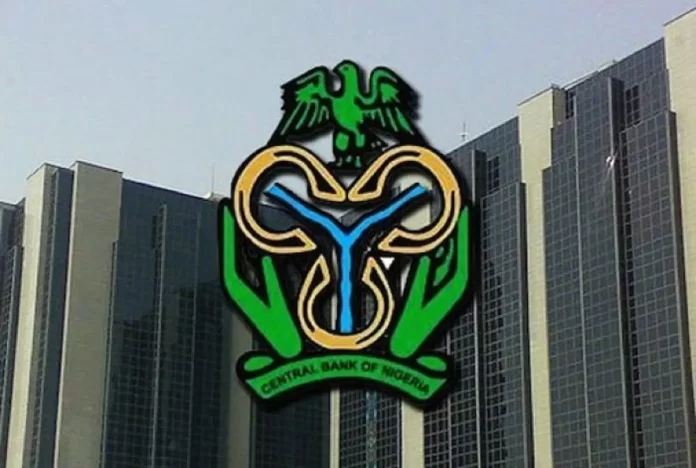The volume of currency outside the Nigerian formal banking industry continued to rise, reaching N4.016 trillion by the end of September 2024, a 66.2 per cent increase over N2.416 trillion which it was at the end of September 2023, latest data from the Central Bank of Nigeria (CBN) has shown.
This is as the money supply (M3) grew by 62.8 per cent year-on-year (YoY) in September 2024, despite the Monetary Policy Committee’s (MPC) tightening stance aimed at curbing excess liquidity to control inflation.
According to the data, M3 increased to N108.95 trillion in September 2024, compared to N66.94 trillion in the same month last year, while it rose by 1.6 per cent compared to N107.19 trillion which it was in August 2024.
Currency outside banks had risen by 22.4 per cent over N3.281 trillion that was outside the banking system at the beginning of the year, as currency in circulation rose to N4.311 trillion. This is a 56.1 per cent year on year increase compared to N2.761 trillion that was in circulation as at September 2023.
On a month on month basis, currency in circulation has risen by 4.03 per cent from N4.144 trillion and 18.1 per cent compared to N3.65 trillion which it was as at January this year.
The governor of the Central Bank of Nigeria (CBN), Yemi Cardoso, at the end of the last Monetary Policy Meeting had acknowledged the growth in liquidity despite tightening measures, stressing the need for vigilance to prevent inflationary pressures from worsening.
“The MPC noted the continued growth in money supply, recognising the need to curtail excess liquidity in the system as well as address foreign exchange demand pressures.” He stated. His view was also shared by many of the MPC members.
In the recently released personal statements of the MPC members, Aku Pauline Odinkemelu emphasised the risks associated with excessive liquidity during the September 2024 MPC meeting, attributing part of the inflationary pressure to increased money supply from FAAC allocations. She cautioned that rising money supply, coupled with demand-pull inflation driven by supply shocks, poses a threat of hyperinflation if not managed properly.
“I understand that excess liquidity is a common feature of the banking systems of developing economies, however, the continued growth of money supply in Nigeria, which is largely attributed to fiscal surprises, presents a serious challenge to monetary policy effectiveness. A further but gradual hike will also be effective in curtailing the excess liquidity in the banking system.”
Lamido Abubakar Yuguda addressed the issue of money supply growth during the September 2024 MPC meeting, acknowledging that the increase in both net foreign and domestic assets reflects inflationary pressures.
Also, Lamido Yuguda highlighted that exchange rate depreciation has contributed to rising money supply, stressing the need for tighter monetary policy to manage inflation and stabilise the economy.
“Broad money supply increased by 34.1 per cent in July 2024 over the preceding December, and was 18.5 percentage points higher than the programme target for fiscal 2024. The growth in money supply was fuelled by increases in both net foreign assets and net domestic assets driven by the depreciating currency. This outturn points to lingering inflationary pressure from the monetary side.”
He warned that without firm measures, elevated liquidity could intensify inflationary risks, requiring continuous vigilance to sustain macroeconomic stability.






